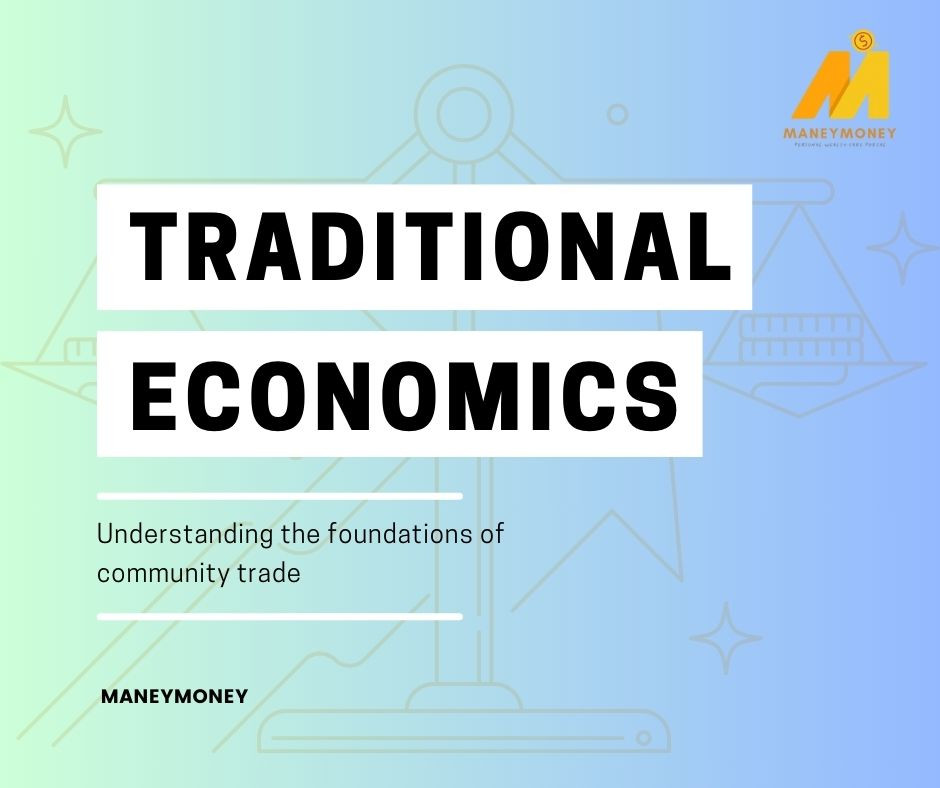When we hear the word “economics,” we often think of money, banks, or big businesses. But economics is not just about modern systems. There’s also a simpler side called “Traditional Economics”. It basically refers to a system where people produce and use goods and services based on traditions, customs, culture, and historical ways of life. It’s not driven by profit, but more by community needs and survival. It relies on established social norms and cultural values to determine what to produce, how to produce it, and for whom to produce it.
In traditional economies, bartering is common. Many people would trade goods or services,grow their own food instead of buying and selling. The focus is more on sharing resources and helping each other in the community. People often rely on farming, fishing, hunting, and handcrafting. The techniques are passed down from one generation to the next, keeping traditions alive. In Thailand, there are many areas where traditional economics can still be seen, especially in rural villages in the north, northeast, and southern parts of the country.
Benefits of Traditional Economics
- Self-sufficiency – People can live without depending too much on outside systems by relying on their own production rather than extensive trade.
- Stability - The economy has predictable economic life since it’s passed down through generations. Roles and tasks are also clearly defined through traditions so individuals in the economy know what is expected of them and what they can expect in return.
- Cultural preservation & Community strength - The economy also has a strong sense of belonging and mutual support. Traditional knowledge, languages, and practices are kept alive. In addition, everyone in the community helps each other which avoids individual profit and even reduces conflict over economic activities.
Even though traditional economics has many good points, modern life brings some challenges especially when technology, tourism, and global trade are changing the way people live. Young people often move to cities for jobs, leaving the traditional ways behind. However, some Thai communities are finding ways to combine old and new. For example, they may use smartphones to sell handmade products online, or share their culture with tourists in respectful ways.
Traditional economics might be an old idea but it is still the way of life that still exists in some parts of the world. It’s a way of showing that money isn’t always the center of an economy. Sometimes, people, nature, and tradition are more important. Even traditional economics is not the best option to choose in the modern world, by understanding it we can appreciate the value of community, sharing, and living in harmony with the world around us.

Add New Comment